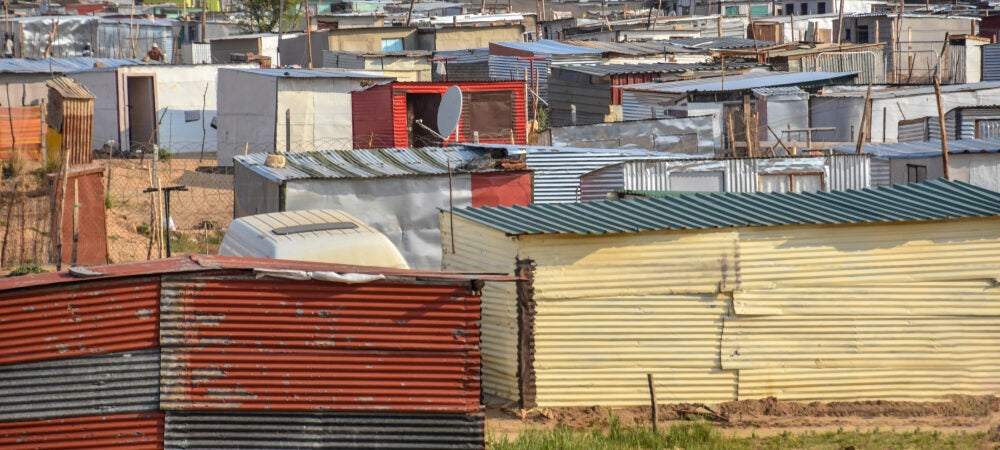Trade is critical to the economic growth of countries, which means facilitating trade is a priority for governments. Landlocked developing countries (LLDCs) are without direct territorial access to a sea or ocean, so ease of trade is linked to their survival (see Table 1). The unique challenges due to isolation from the world’s largest markets and high transit costs impose additional constraints on socioeconomic development in LLDCs – compounded by the devastating effect of the COVID-19 pandemic.
International trade plays an essential role in LLDCs economies, the value of which was 59 per cent of gross domestic product (GDP) in 2019. However, WTO data show that LLDC exports declined by 40 per cent between April 2019 and April 2020, which is almost twice the decline in global exports caused by the COVID-19 pandemic.
Even as world trade recovered towards the end of 2020, LLDC exports continued to decline by as much as 8 per cent, while global exports grew by 7 per cent. This trend in LLDC trade highlights the importance of implementing the WTO’s Trade Facilitation Agreement (TFA) in LLDCs to simplify, modernize and harmonize export and import processes. The COVID-19 pandemic has highlighted the importance of digital technologies. Without the digital infrastructure, however, LLDCs will not benefit from the potential gains of e-commerce. Undoubtedly, COVID-19 has compounded the challenges faced by LLDCs. It is therefore important to identify the specific trade bottlenecks LLDCs face and which are causing their trade to decline more sharply and for longer than the rest of the world.
LLDCs are a very special group of countries, which face very atypical constraints. To address these challenges will require special measures to more fully integrate LLDCs into the multilateral trading system. This report has identified some of the areas and issues where targeted steps need to be taken to ease trade bottlenecks – not only by the LLDCs themselves but also transit countries and organizations involved. The paucity of up-to-date data and the difficulties to collect it from some of the remotest areas of the world make it hard to capture all the factors comprehensively and accurately.
00_landlocked2021_eTo read the full report by the World Trade Organization, please click here.

